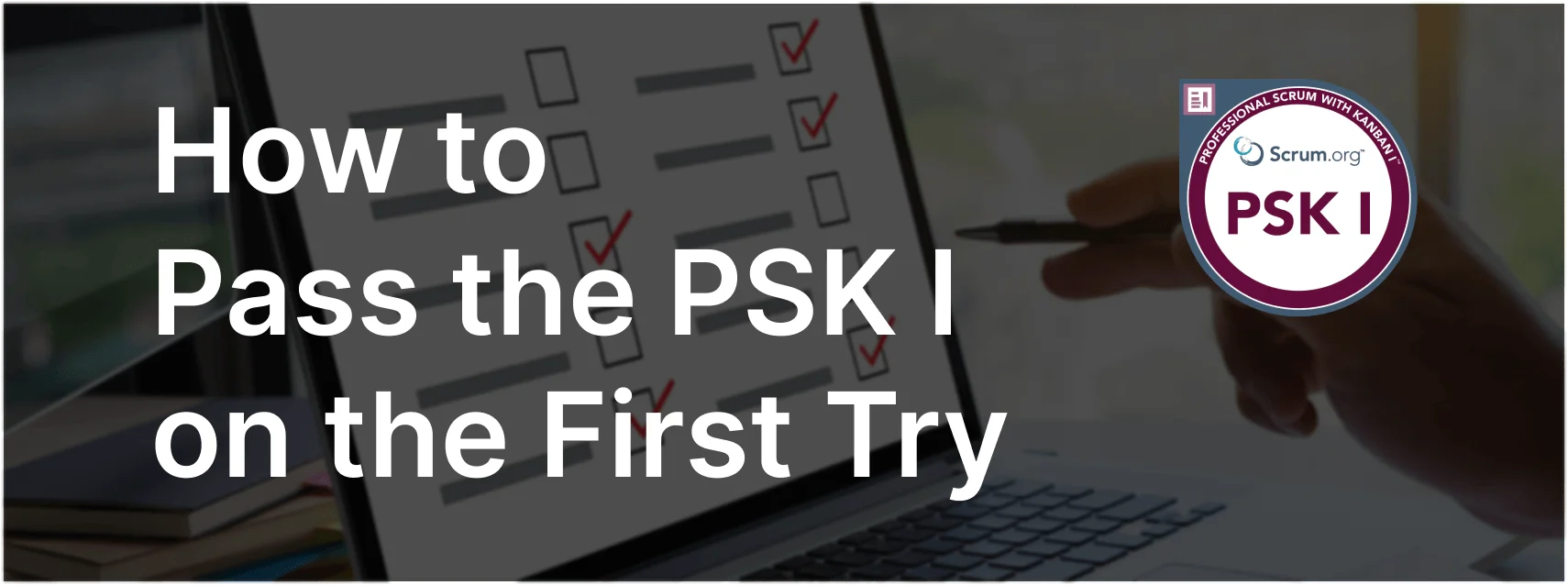Handling Urgent Work and WIP Limits in Scrum with Kanban
When urgent work emerges during a Sprint, it is crucial to understand the appropriate actions regarding Work in Progress (WIP) Limits.
Exam Question
Who must change the Work in Progress (WIP) Limits in the Definition of Workflow when urgent work emerges during the Sprint?
(choose the best answer)
A. The Product Owner.
B. No one. WIP Limits cannot be modified during a Sprint.
C. The Scrum Master.
D. No one. Urgent work is not a reason to change WIP Limits.
E. The Developers.
Correct Answer
D. No one. Urgent work is not a reason to change WIP Limits.
Explanation
Correct Answer
D. No one. Urgent work is not a reason to change WIP Limits:
Work in Progress (WIP) Limits are set to ensure that the team maintains a manageable flow of work and can focus on completing tasks efficiently. Adjusting WIP limits for urgent work can undermine these principles and lead to overcommitment and reduced focus. Instead of changing the WIP limits, the team should handle urgent work within the existing framework, possibly reprioritizing tasks or utilizing available capacity.
Why the Other Options Are Less Effective
A. The Product Owner:
The Product Owner manages the Product Backlog and prioritizes work but does not change WIP limits, especially during a Sprint.
B. No one. WIP Limits cannot be modified during a Sprint:
While WIP limits are typically not modified mid-Sprint to maintain workflow stability, the statement lacks the specific reasoning about urgent work not being a valid reason for changes.
C. The Scrum Master:
The Scrum Master facilitates the Scrum process but does not have the authority to change WIP limits. Their role is to coach the team and help them adhere to Scrum practices.
E. The Developers:
While Developers manage their workflow, changing WIP limits for urgent work can disrupt the flow and is not recommended. They should work within the established WIP limits to handle urgent tasks.
Importance of Maintaining WIP Limits
- Focus and Efficiency: WIP limits help the team focus on completing tasks without overcommitting, ensuring higher quality and efficiency.
- Flow Management: Maintaining WIP limits prevents bottlenecks and keeps the workflow stable.
- Predictability: Consistent WIP limits contribute to more predictable delivery times and better resource management.
Effective Practices for Handling Urgent Work
- Reprioritization: Urgent work can be handled by reprioritizing existing tasks within the Sprint Backlog, ensuring that critical items are addressed without changing WIP limits.
- Buffer Capacity: Teams can plan for a buffer or reserve capacity for handling urgent work without disrupting the overall workflow.
- Regular Review: During Sprint Reviews and Retrospectives, the team can discuss any challenges faced due to urgent work and adjust their processes accordingly for future Sprints.
Relevance to the PSK I Exam
Understanding the proper management of WIP limits and handling urgent work within the existing framework is crucial for the PSK I exam. It demonstrates knowledge of maintaining workflow stability and focus in a Scrum with Kanban environment.
Key Takeaways
- WIP limits should not be changed due to urgent work to maintain focus, efficiency, and flow.
- Urgent work should be managed by reprioritizing tasks or using buffer capacity within the existing WIP limits.
- Regular reviews help the team adapt their processes to handle urgent work effectively in future Sprints.
Conclusion
Urgent work is not a reason to change WIP limits. Instead, it should be managed within the existing framework to maintain workflow stability and focus. For more information on preparing for the PSK I exam, visit our Professional Kanban PSK I™ Exam Prep.



